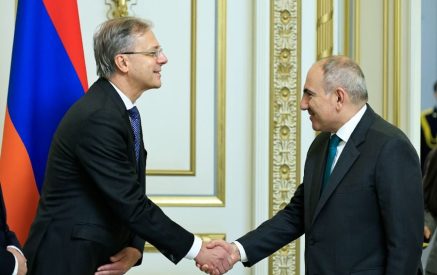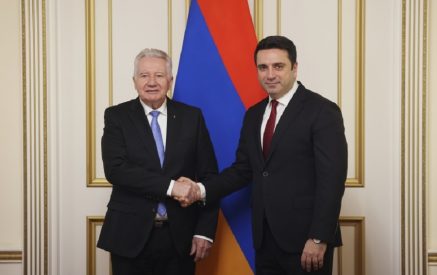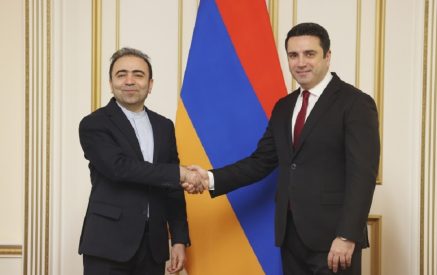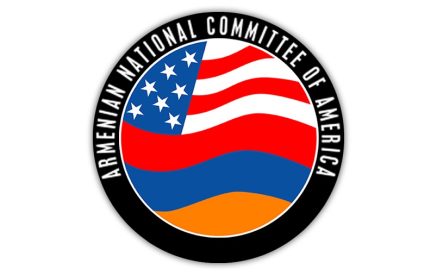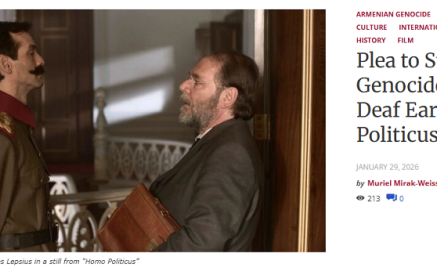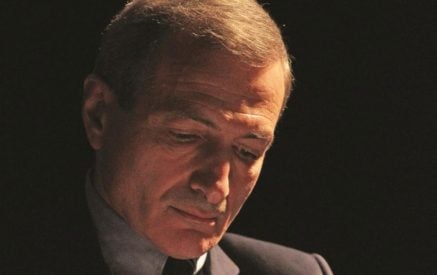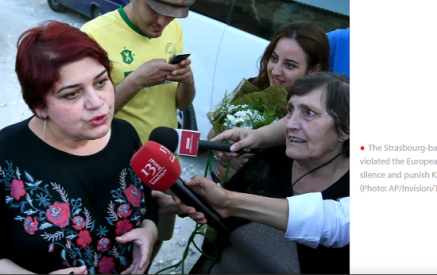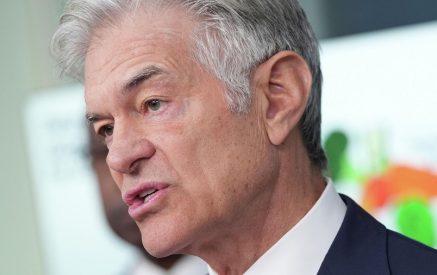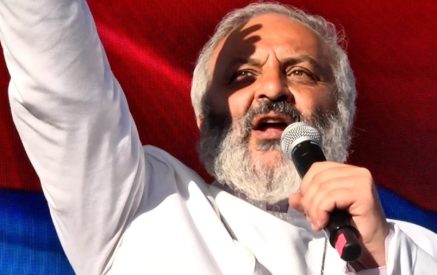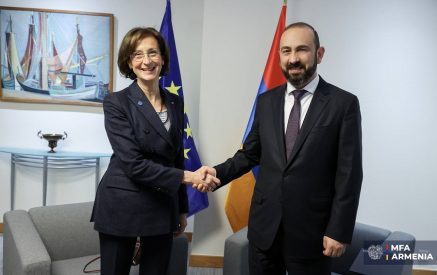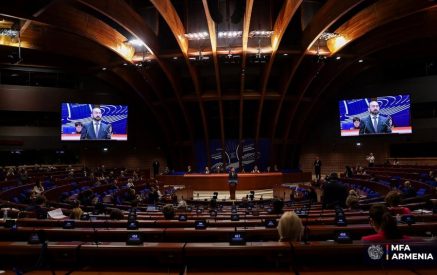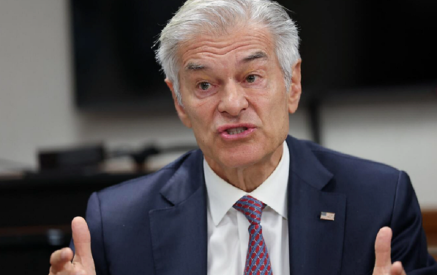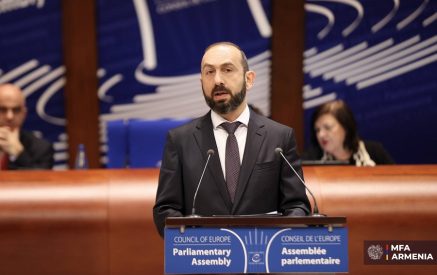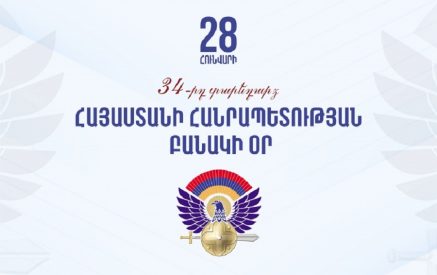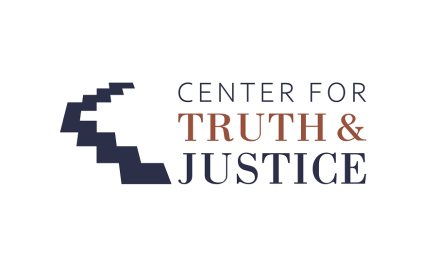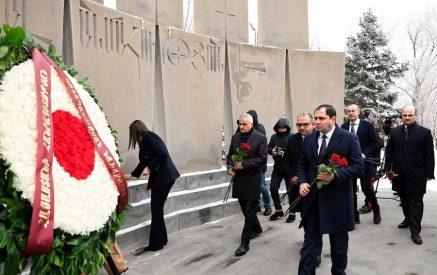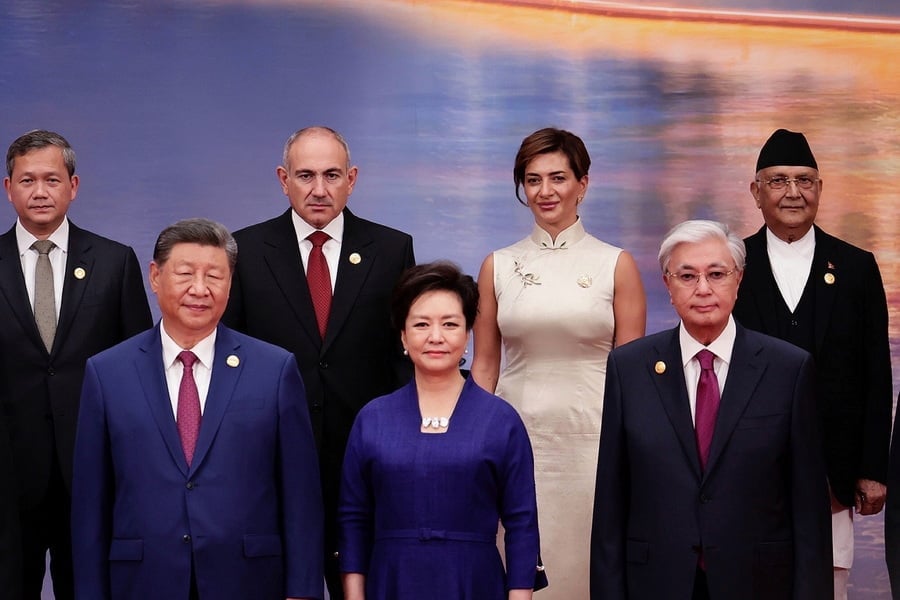Civil Contract’s propaganda thrives on declaring the “unprecedentedness” of this or that event.
“Did you see what a concert that was? Were there concerts in Armenia before?”
“Did you see what Vardavar looked like? Did people celebrate Vardavar before?”
“Did you see people making barbecues? If it weren’t for this era of peace, would they be making barbecues?”
The same applies to international relations:
“Did you see our mighty prime minister talking with the powerful figures of the world? Has any Armenian leader ever met with the leader of another state?”
This is not just shallow propaganda; it also betrays a certain ignorance—almost as if they are surprised by themselves.
Of course, meeting and talking is the right thing to do. Even more so: cooperating with the Shanghai Cooperation Organization, signing a strategic agreement with China, establishing diplomatic relations with Pakistan—all of these were correct steps. But to present them as extraordinary, world-shaking events is a huge exaggeration.
Read also
There are, however, areas where I would genuinely welcome something “unprecedented.” For instance, that people should not be arrested for expressing a political position or for being potential competitors in elections. Almost everywhere, authorities roll their eyes in mock innocence: “Politics? What politics? This is purely a criminal case.” It was the same in Soviet times. Although the Criminal Code had an article on “anti-Soviet propaganda,” dissidents were often pinned with other, purely criminal charges, including “undermining the constitutional order.”
Before 2018, Armenia also had political prisoners, so the phenomenon itself is hardly “unprecedented.” The only difference is that back then European structures—and the Armenian NGOs funded by them—fought against it. Today, they stay conspicuously silent. And we all know why.
Aram ABRAHAMYAN




